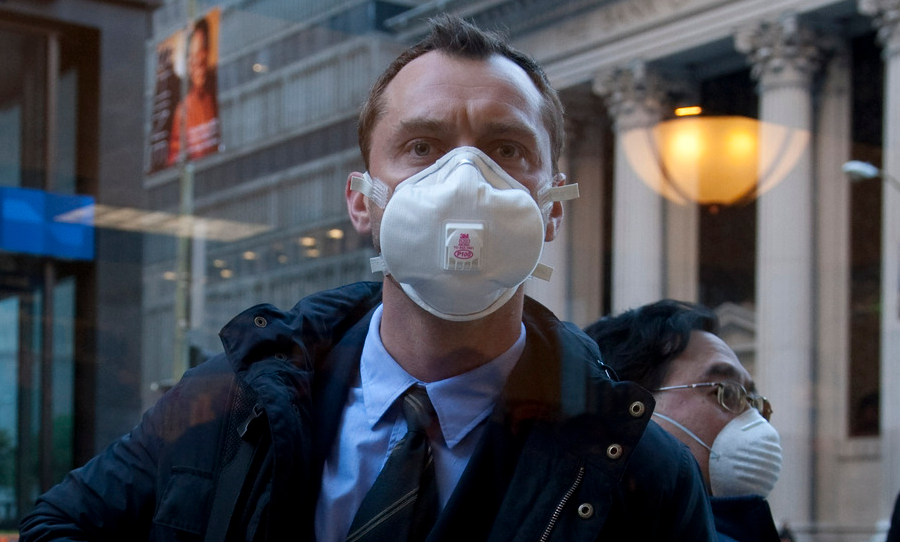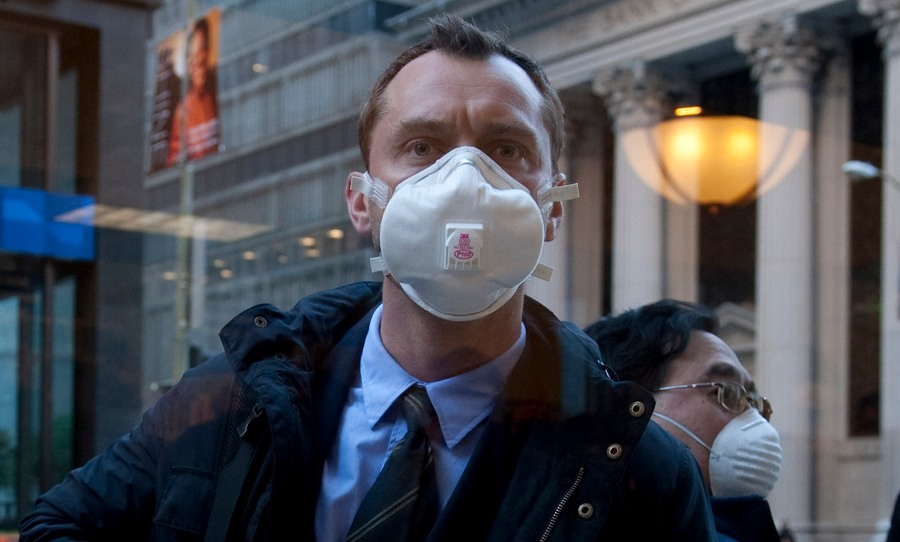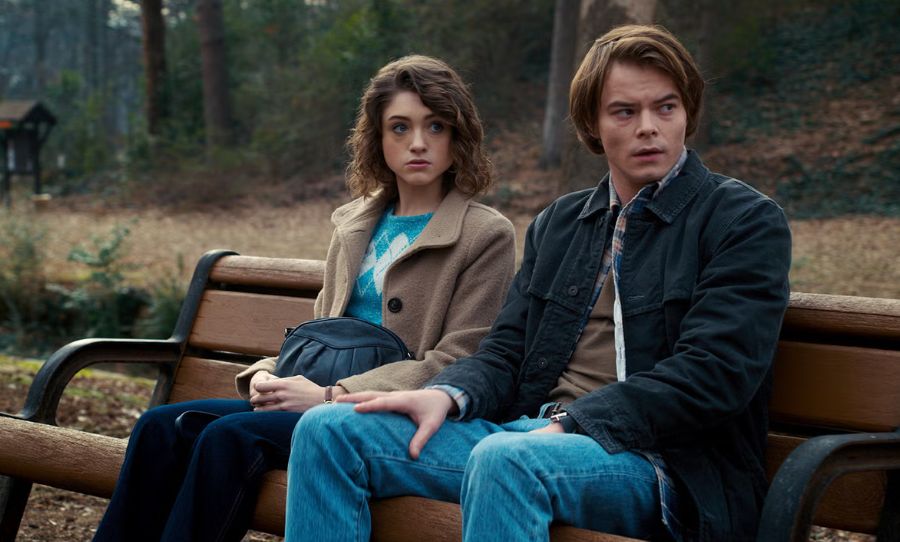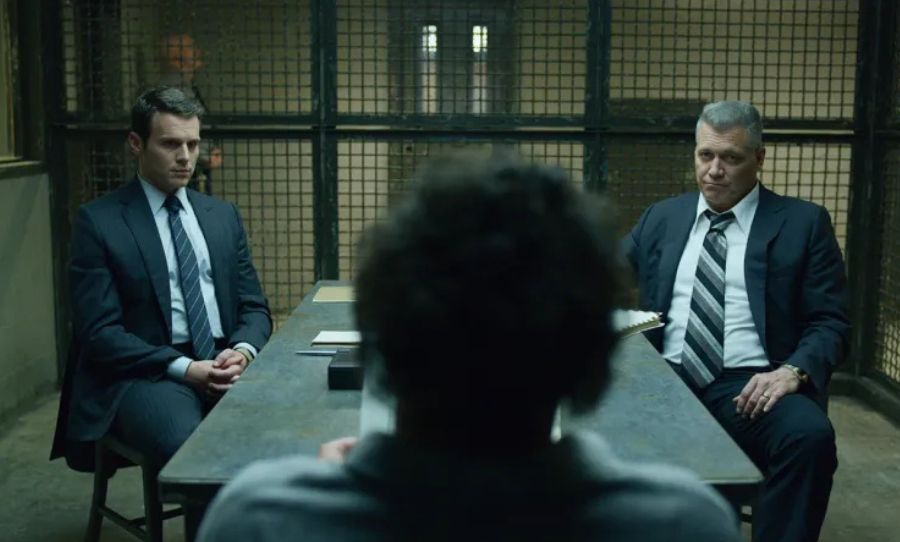If you have been grinding away watching hours of videos of gruesome zombies, infectious diseases taking over, and the end of the world as we know it, now is the time for you to reap the rewards. Four scientists from the University of Chicago, Penn State University, and Denmark’s Aarhus University have written a new study stating that fans of horror and “morbidly curious” people have shown “greater preparedness for and psychological resilience toward the pandemic.”
The study, entitled “Pandemic Practice: Horror Fans and Morbidly Curious Individuals Are More Psychologically Resilient During the COVID-19 Pandemic”, is yet to be peer-reviewed but currently can be read as a preprint. 310 volunteers were questioned on their movie preferences and viewing histories before being asked how emotionally and physically prepared they felt heading into the current COVID-19 pandemic.

A new study shows fans of horror and “prepper” genres of media are better equipped physically and emotionally for the current COVID-19 pandemic.
In an interview with The Guardian, Coltan Scrivner, study co-author and a psychologist specialising in morbid curiosity at the University of Chicago said, “If it’s a good movie, it pulls you in and you take the perspective of the characters, so you are unintentionally rehearsing the scenarios.”
“You’ve seen it a hundred times in the movies, so it doesn’t catch you off-guard so much,” he added.
The study found that fans of “prepper” genres showed greater resilience and preparedness for this current pandemic. Mathias Clasen, a psychologist at Aarhus University, who is also a co-author on this study stated, “Compared to somebody who has never simulated the end of the world, you’ll be in a better place because you have that vicarious experience.”
The results from the study showed that fans of horror were able to practice more efficient coping strategies that are beneficial in real-world situations such as the current pandemic.
“For the cost of a bad dream one night, you can learn what the world looks like when a pandemic hits,” Scrivner said, comparing the advantages to playing tag. “It’s not like you’re thinking, this is what I’ll do when someone chases me, but you’re building the knowledge you can draw on later, even if it’s outside your conscious awareness.”
The study is currently under peer review at the Social Psychology and Personality Science journal, but the preprint is currently available to be read here.



